Total Price
Monthly Payment:
Total Loan Amount:
$40,000.00
Sales Tax:
$3,330.00
Upfront Payment:
$13,330.00
Total Loan Interest:
$5,290.96
Current Auto Loan Comparison
| Lender | Minimum APR | Loan Amount | Loan Term |
|---|---|---|---|
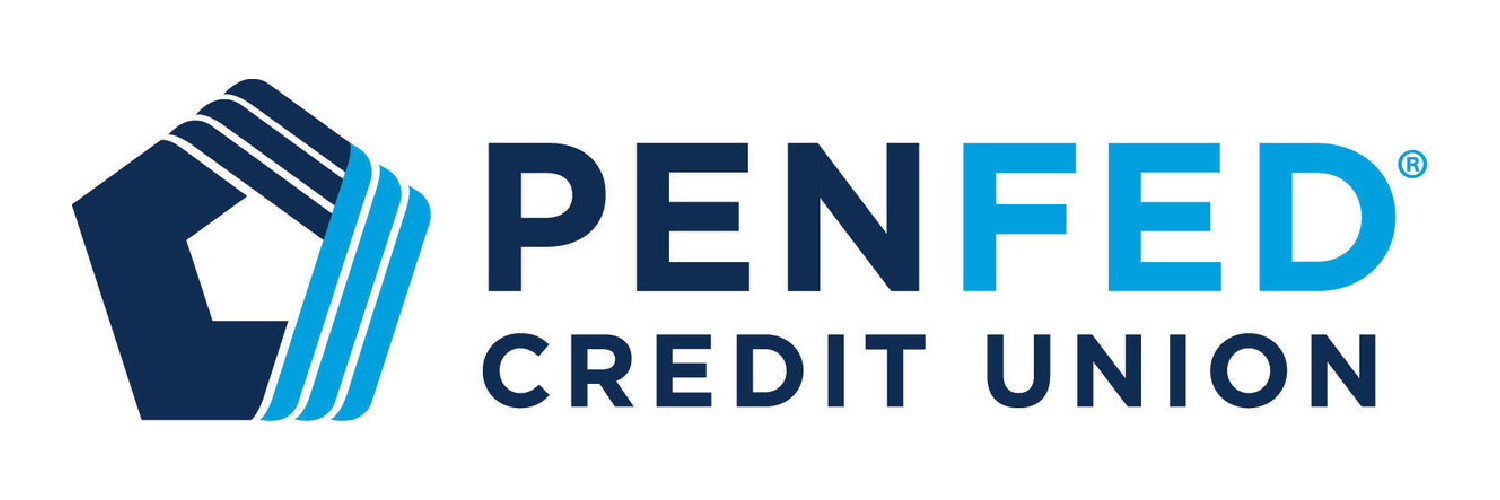 | 4.49% | $500-$150,000 | 36-84 months |
 | 4.50% | From $12,000 | 12-84 months |
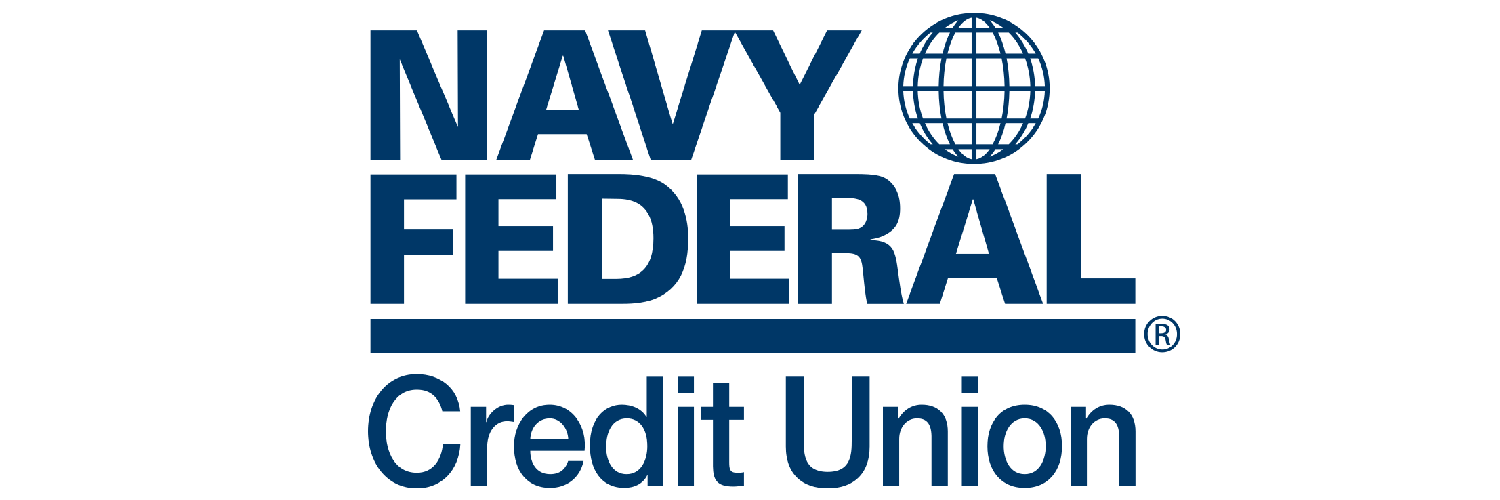 | 4.54% | $250-$500,000 | 36-96 months |
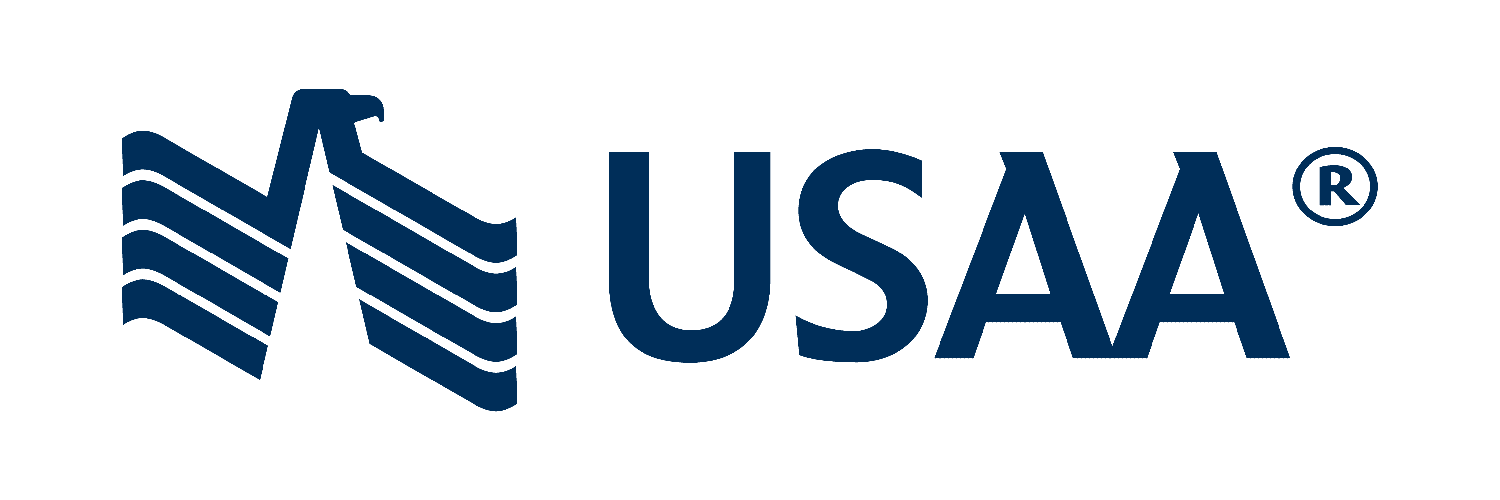 | 5.54% | $5,000-$500,000 | 12-84 months |
 | 5.54% | From $7,500 | 24-84 months |
 | 5.74% | Up to $500,000 | 36-84 months |
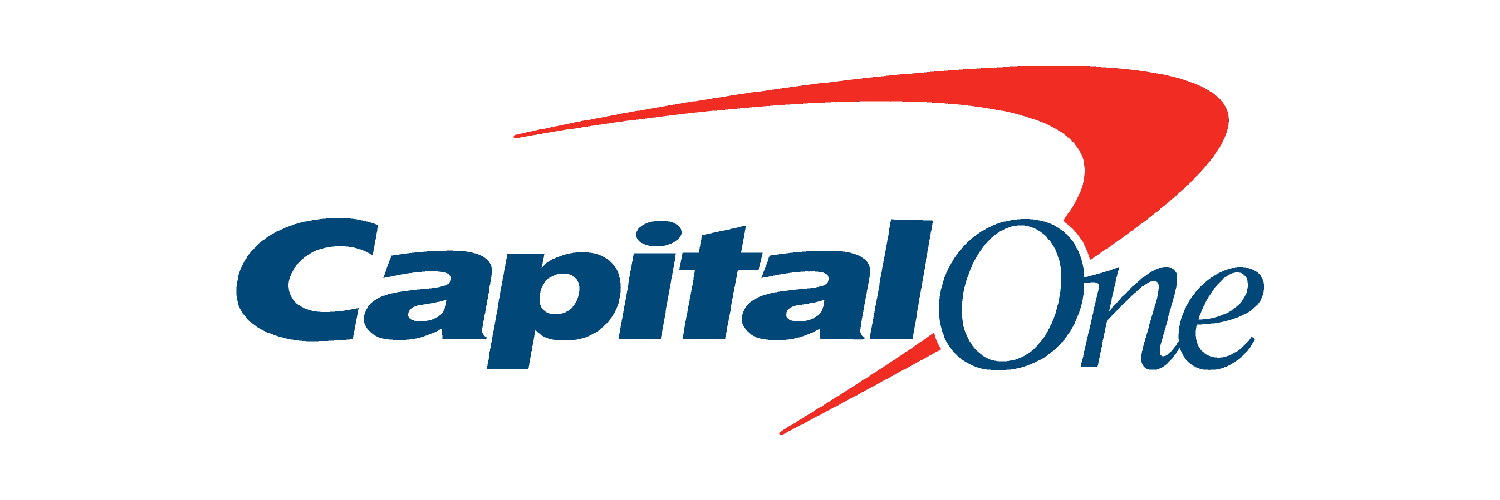 | 5.99% | From $4,000 | 36-72 months |
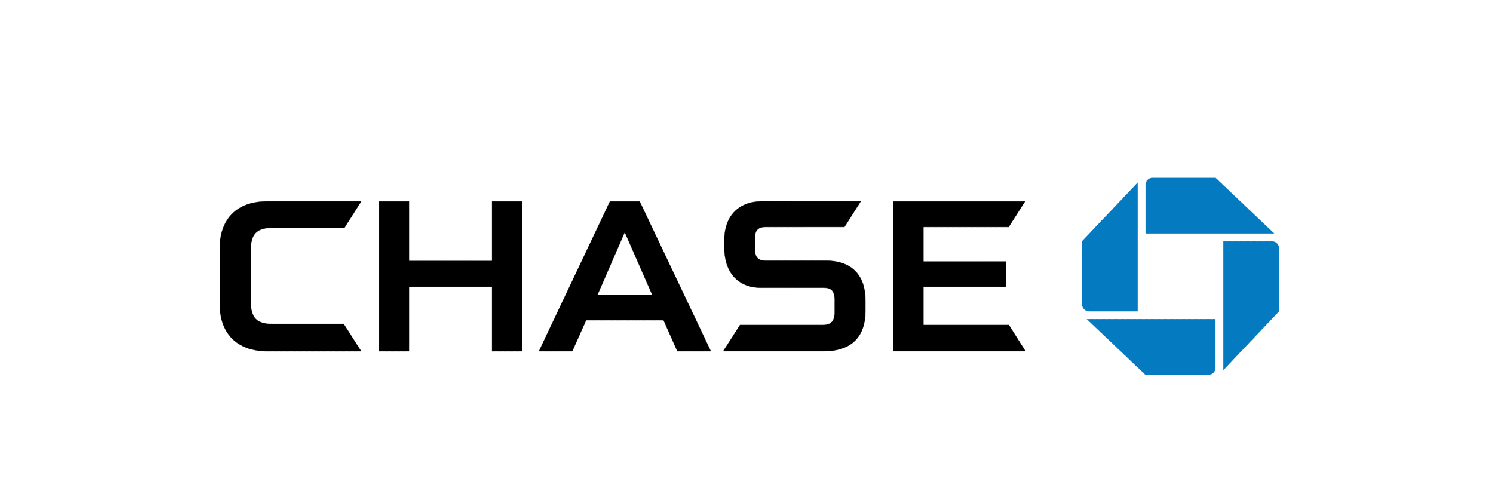 | 6.19% | From $4,000 | 12-84 months |
| 6.29% | From $7,500 | 48-72 months | |
 | 6.34% | $7,500-$75,000 | 12-72 months |
When is the best time to buy a car?
Specific days:
Weekdays: Weekends tend to be busier, leaving less room for negotiation. Visiting dealerships on weekdays (especially mornings) may give you more leverage.
New Year's Eve/Day: This coincides with both year-end and quarter-end, potentially maximizing your discount opportunities.
Generally good times:
October - December: This period encompasses several factors working in your favor:
End-of-year sales: Dealerships push to meet annual sales quotas, leading to increased discounts and incentives.
New model year rollouts: As dealerships make way for incoming models, outgoing models become more likely to be discounted.
Holidays: Sales events around holidays like Thanksgiving and New Year's often offer additional deals.
Month-end/Quarter-end: Salespeople and dealerships often have specific monthly or quarterly sales goals, prompting them to be more flexible on price towards the end of these periods.
Should I Buy New or Used Car?
It depends on your priorities and budget. If you value peace of mind, warranty coverage, and the latest features, a new car might be the better choice. But if you're on a tight budget, prioritize affordability, and don't mind driving an older car, a used car can be a smart and economical option.
- Here are some additional factors to consider:
- How long do you plan to keep the car? Shorter ownership periods favor used cars, while longer periods might benefit from the longer warranties and higher reliability of new cars.
- How much do you drive? High mileage drivers might experience higher repair costs with older cars.
- What features are important to you? Prioritize features you use most often and consider compromises you can make for affordability.
How Can I Get the Best Deal on Auto Financing?
Scoring the best deal on auto financing requires some strategic planning and informed negotiation.
Before you step into the dealership:
Boost your credit score: A higher credit score translates to lower interest rates. Check your credit reports for errors and work on improving your score if necessary.
Shop around for pre-approval: Secure pre-approval for an auto loan from multiple banks, credit unions, and online lenders. This gives you leverage during dealership negotiations and sets a baseline for comparison.
Research the car's value: Know the average selling price (ASP) of the car you're interested in to avoid overpaying during negotiation.
Set a budget: Determine your comfortable monthly payment and stick to it. Use online calculators to understand the impact of different loan terms and interest rates.
Negotiating at the dealership:
Focus on the total cost, not the monthly payment: Dealers may lure you with low monthly payments by extending the loan term, ultimately costing you more in interest.
Negotiate the purchase price first: Once you have a target price, negotiate with the salesperson on the car's price before discussing financing.
Compare dealer financing with your pre-approved offers: Use your pre-approval terms as leverage when negotiating with the dealership's financing department. If they can't match or beat your pre-approved rate, walk away and stick with your pre-approval.
Don't be afraid to walk away: If you don't feel comfortable with the deal, be prepared to walk away.
Dealerships are often willing to offer better terms when they sense a customer is serious about leaving.
Auto Loan Tips
Prepare for additional costsUnfortunately, the final price you pay will be higher than the sticker that you see on the car window. You must factor in expenses such as taxes, title fees and even future vehicle maintenance when calculating vehicle cost.
A longer-term loan might not be worth itLoan repayment terms can range from 24 to 84 months. While a longer loan term will mean a lower monthly cost, you will pay more in interest. Also, consider that a longer term means that you could be stuck with that vehicle for up to seven years.
Consider refinancing your current car loanRefinancing your current loan can be a great option to save money while keeping your vehicle. Consider this option if you first signed off at a dealership or if you have improved credit and can likely receive a better rate and term.
Save for a down paymentTo reduce the total amount you have to finance, have a down payment saved up. Experts recommend 20 percent, but you may be able to buy a car with a down payment of just 10 percent. The less you need to borrow, the more you will be able to save on interest.
Related Topics
- Current Auto Loan Comparison
- When is the best time to buy a car?
- Should I Buy a New or Used Car?
- How Can I Get the Best Deal on Auto Financing?
- Auto Loan Tips